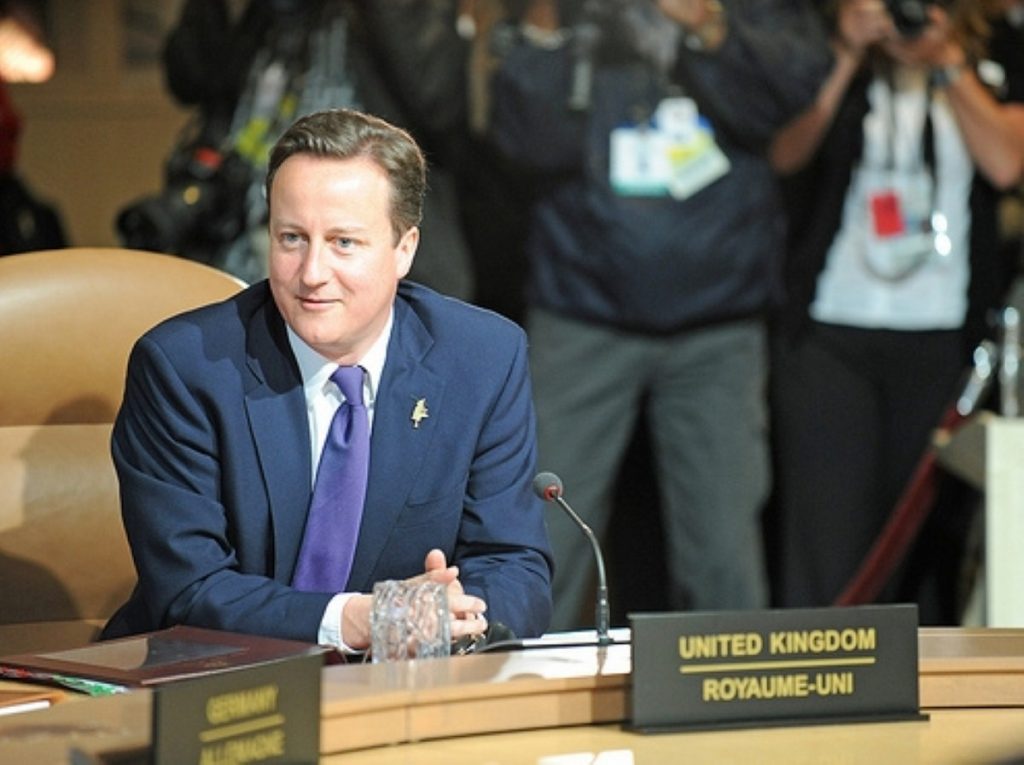Criminal justice revolution as Cameron backs Clarke’s agenda
By Ian Dunt
Britain looks set to experience a modest revolution in its criminal justice system after the prime minister backed Ken Clarke’s campaign against short sentences.
David Cameron expression of support preceded the publication of a Ministry of Justice priorities document laying out the goals of the department.
The document, which is published by all department, was notable for its liberal spirit.


The Ministry of Justice’s top five priorities included reform of sentencing, a “revolution” in rehabilitation, courts and legal aid, reform of the prison estate, and restoration of civil liberties.
“I am clear that we need to focus our resources on protecting the public, punishing offenders and providing access to justice – in a way that is both intelligent and transparent,” Mr Clarke said.
“Working alongside my Cabinet colleagues, we must also play our role in reversing the erosion of civil liberties and rolling back state intrusion in people’s lives.”
The new justice secretary expressed his objections to short sentences during a speech earlier this month, triggering dismay from right-wing Tory MPs, glee from Liberal Democrats and disdain from Labour.
Mr Cameron has been mostly silent on the issue, but in an interview with the Daily Mail this morning the prime minister firmly supported Mr Clarke’s arguments, while substantiating them in predominantly right-of-centre language.
“We have to face the fact that we have a criminal justice system that isn’t working at the moment,” he said.
“We’re banging people up at vast expense, half of them are on drugs, over ten per cent per cent aren’t meant to be here at all because they’re foreigners, and the reoffending rate is dreadful.
“We also have to face the fact that the government has been left an appalling legacy of no money. So we have to be reformers. Now that doesn’t mean being soft, it means making sure that punishment and rehabilitation go together.”
Mr Clarke’s speech said that shorter sentences rarely cut down on reoffending – a point substantiated by almost all penal reform groups. He also argued that it was disproportionately expensive given the dearth of positive results which comes from the practise.
Under plans currently being drawn up by the Ministry of Justice, sentences of under six months would probably be swapped for community punishments.
Mr Cameron suggested community punishments would be made tougher to alleviate concerns about the move.
Offenders would have to wear high-visibility fluorescent jackets while doing the work and local communities could hold referendums on the projects they want convicts in their area to do.
“All ideas of making people feel they have more power and control over government and their lives and the criminal justice system, those are all things we can look at,” he said.
Iain Duncan Smith’s Centre for Social Justice will release a report today proposing a crackdown on drugs in jail and suggesting prisoners addicted to drugs should be housed in secure community rehabilitation centres.

